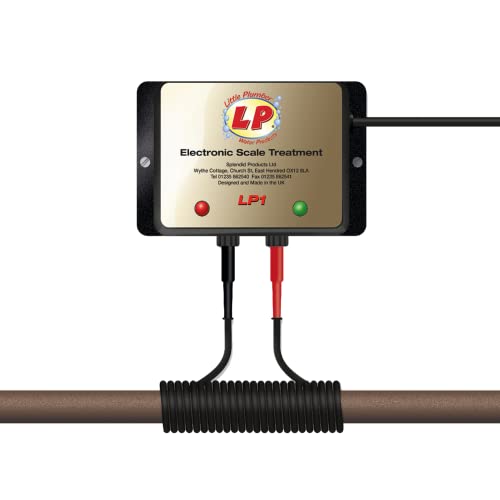Understanding Water Softeners: What Are They and How Do They Work?
What is a Water Softener?
Water softeners are systems designed to reduce hardness in water, which is caused by high levels of minerals like calcium and magnesium. These minerals can cause a range of issues in your home, affecting everything from the efficiency of your appliances to the quality of your skin and hair. Water softeners work through a process known as ion exchange, where the hard minerals in water are replaced with sodium or potassium ions. As hard water flows through the softener, it passes through resin beads that attract and hold onto the calcium and magnesium while releasing sodium or potassium back into the water.
The Mechanics at Play
The functioning of a water softener involves two main phases: the service phase and the regeneration phase. During the service phase, hard water enters the system and undergoes the ion exchange process. Once the resin beads are saturated with hard minerals, the unit switches to the regeneration phase, where a salt solution cleans the beads, restoring their ability to soften water. It’s this cycle that ensures you continually have softened water available, while the system maintains its efficiency.
Why You Should Consider a Water Softener for Your Home
Benefits for Your Home and Appliances
One of the primary reasons to consider a water softener is the protection it offers to your plumbing and appliances. Hard water can lead to significant mineral buildup in pipes, which may restrict water flow and shorten the lifespan of your fixtures. Investing in a water softener can therefore effectively reduce the frequency of repairs and replacements, saving you money in the long run. Additionally, when you use softened water, you’ll notice that your appliances such as dishwashers and washing machines operate more efficiently, furthering potential cost savings on energy bills.
Improvements to Skin and Hair
Softened water can also greatly enhance your daily living experience. Many people report improvements in skin conditions, as hard water often exacerbates dryness and irritation. Showers with soft water leave skin feeling smoother and hair shinier and more manageable. If you spend money on lotions and hair products to combat dryness caused by hard water, you may find that a water softener helps you reduce these purchases.
Choosing the Right Water Softener: Key Features to Look For
Types of Water Softeners
When selecting a water softener, it’s essential to understand the different types available. There are generally two main types: traditional salt-based water softeners and salt-free systems. Salt-based systems offer a more comprehensive solution to hard water issues, while salt-free options are often marketed as maintenance-free but may not fully eliminate hardness. Assessing your water’s hardness level will guide you in making the right choice.
Capacity and Size Considerations
Next, we need to consider the size of the unit. Water softeners come with varying capacities, typically measured in grains. Your household size and water usage will play a crucial role in determining the appropriate capacity. Understanding your family’s daily water needs will enable you to select a softener that can handle the demand without frequent regenerations.
Additional Features
Look for features such as a digital control panel, which can simplify operation and troubleshooting. Some models offer settings that allow you to customise regeneration cycles based on your usage patterns. Other convenient features might include a low-salt indicator or a bypass valve, enabling you to skip the softening process when necessary.
Installation and Maintenance Tips for Your Water Softener
Installation Requirements
Installing a water softener usually requires access to your home’s plumbing system, making it a bit more involved than simple appliances. While some homeowners feel confident in taking on the installation themselves, others may prefer to hire a professional to ensure it’s done correctly. It’s essential to have a nearby power source and a drainage point for the unit’s backflushing process.
Regular Maintenance Tasks
To keep your water softener functioning optimally, regular maintenance is essential. This typically involves monitoring the salt levels in the brine tank and replenishing them as necessary, usually every month or so depending on usage. Additionally, it’s good practice to check for leaks and ensure the resin beads remain in good condition and do not require replacement.
Cost Considerations: Finding the Best Value for Your Investment
Initial Purchase and Installation Costs
The price of a water softener can vary considerably, depending on its size and type. Generally, you can expect to spend anywhere from a few hundred to a couple of thousand pounds. Factor in installation costs as well if you opt for professional help. Understanding the upfront costs is crucial in evaluating the long-term value.
Long-Term Savings and Value
Although the initial investment might seem high, consider the long-term savings on appliance longevity, energy efficiency, and reduced use of soaps and detergents. Many homeowners find that their water softening systems quickly pay for themselves. By improving the overall efficiency of your home and conserving your plumbing, a water softener is not an expense but rather a wise investment.















